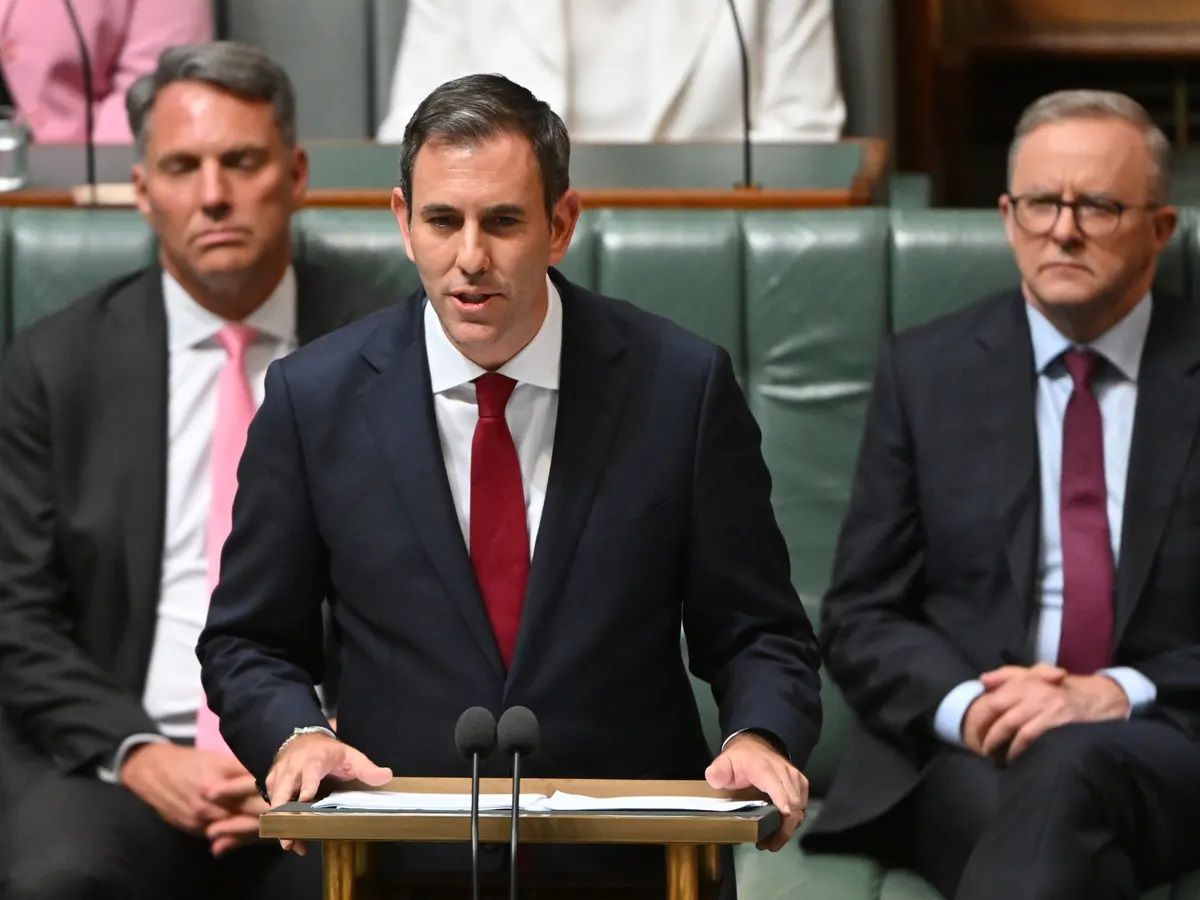Common mistakes when claiming fuel tax credits
If you're using fuel as a regular part of your business operations, then it may be possible for you to claim a Fuel Tax Credit. However, if your business is planning on claiming fuel tax credits or already doing so, then you need to be aware of some common mistakes being made by some taxpayers. It is therefore a timely reminder that the ATO has made public some common errors that taxpayers make when calculating and claiming fuel tax credits.
Make sure the fuel is eligible?
The ATO says a common mistake is to claim for fuel tax credits for fuel used for private purposes, or for travelling on a public road in vehicles with a gross vehicle mass (GVM) of 4.5 tonnes or less.
Are you calculating your claim correctly?
Another common mistake is to use the cost of fuel when calculating fuel tax credits, instead of the quantity of fuel multiplied by the relevant rate.
Is your vehicle driven on a public or private road, or both?
You should check the activities that the fuel is used for. There are different rates for vehicles driven on private roads and public roads. While most vehicles are driven on only one or the other, there may be times where the vehicle is used on both.
Are you using the right rate for heavy vehicles with auxiliary equipment?
The ATO applies different rates for the allocation of taxable fuel used in a heavy vehicle with auxiliary equipment.
The term 'auxiliary equipment' covers equipment such as mixing barrels, air conditioning for passenger comfort in a bus or coaches, refrigeration units, air conditioner units that moderate the temperature of the vehicle's sleeping compartment when the driver is on a sleeping break during the course of a long-haul trip, pumping equipment, tipping equipment for loading and unloading, truck mounted loader cranes. This list is not exhaustive.
Are you keeping records?
Accurate records are essential to ensure every fuel tax credit is accounted for. The ATO are very particular towards record keeping especially where claims are made without the necessary records backing up the claim. They have stated that the taxpayer needs to show the following otherwise the claim will be denied and penalties applied:
- the type and quantity of fuel acquired for business activities
- the date it was acquired
- that the fuel was used in a business
- the business activities it was used in, such as whether it was for travelling on a public road or in other activities
- that the correct fuel tax credit rate was used when calculating a claim.
If you would like to know more about claiming fuel tax credits, if you are eligible or you need help with your claim we would recommend you speak to your accountant. Aspen Corporate has worked with several businesses to help them claim upwards of $80,000 over a four year period.







